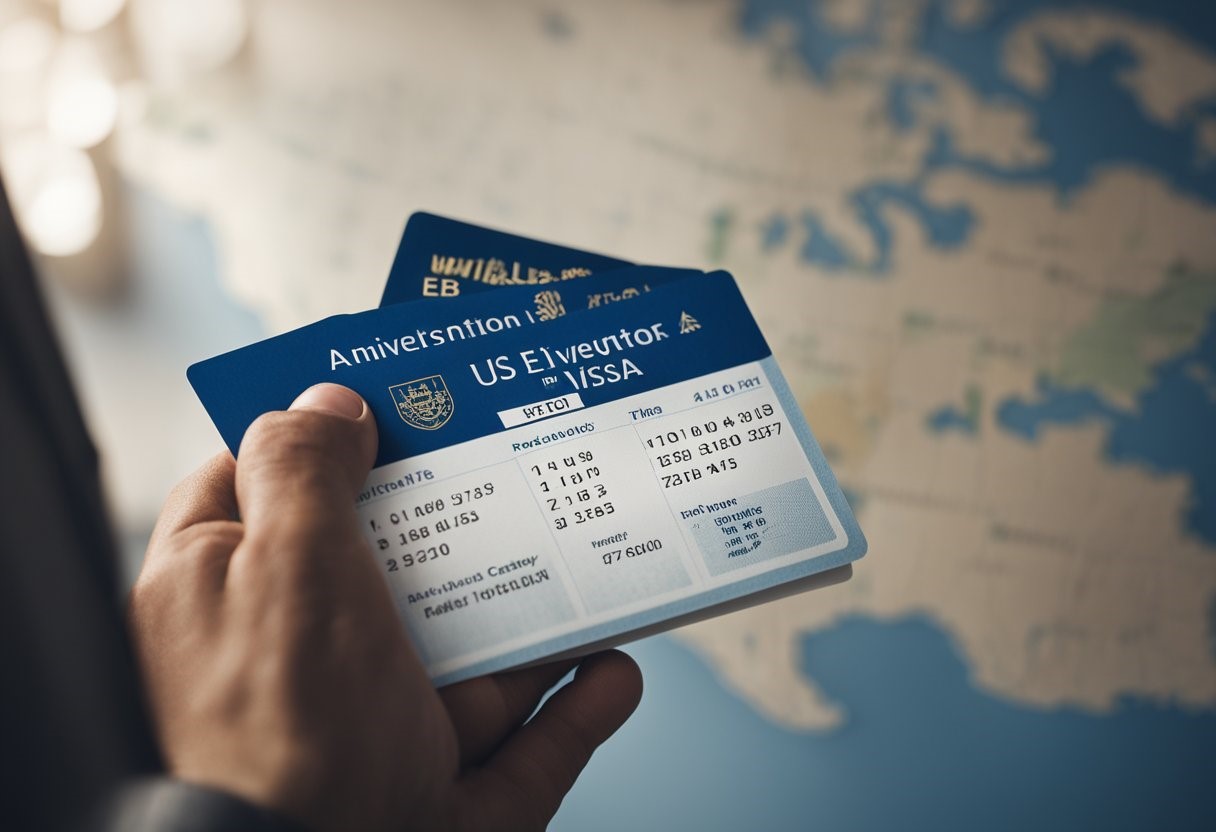Overview of US tourist visa.
Understanding the duration of stay permitted under a tourist visa is crucial for travelers to the United States to ensure compliance with immigration laws. The United States typically issues tourist visas under the B-2 category, which allows visitors to enter the country for leisure, tourism, and in certain cases for medical treatment. The validity period for a tourist visa can be up to ten years.
Upon arrival, tourists are granted a stay which is determined by the Customs and Border Protection (CBP) officer at the port of entry. This duration is usually six months, but the officer has the authority to set a shorter or longer period, depending on the circumstances of the visit. The date by which the visitor must depart is stamped in their passport and recorded on the I-94 form, an arrival/departure record.
For those wishing to extend their stay, it is possible to submit an application to the U.S. Citizenship and Immigration Services (USCIS) for a tourist visa extension. This request must be made prior to the expiration of the current authorized stay. It is important that visitors adhere to the terms of their visa to avoid legal consequences or difficulties obtaining a U.S. visa in the future.
Overview of US tourist visa
The US tourist visa, typically referred to as a B-2 visa, is designed for individuals who wish to visit the United States for leisure, tourism, and non-business related activities. Proper adherence to eligibility criteria is crucial, and the duration of stay is subject to limitations.
Eligibility Criteria
To qualify for a US tourist visa, applicants must demonstrate that:
- They plan to visit the US for pleasure or medical treatment.
- They possess the means to cover their expenses while in the United States.
- They intend to return to their home country as evidenced by ties such as a job, property, family, or other commitments.
- They are admissible to the US according to the provisions of the Immigration and Nationality Act (INA).
Maximum duration of stay
The US tourist visa generally allows a maximum initial stay of 6 months. Extensions may be possible in increments of up to an additional 6 months, subject to approval by the United States Citizenship and Immigration Services (USCIS). However, the total duration of stay typically cannot exceed 1 year. Visitors should be aware that:
- The duration of stay is determined by the Customs and Border Protection (CBP) officer upon entry, not by the visa validity.
- It is important to comply with the duration specified to avoid issues that could affect future travels to the US.
- In some situations, consultation with an immigration attorney may be advisable to navigate complexities around extensions and stays.
Comparing tourist visas and EB-5 investor visas
When exploring U.S. visa options, understanding the distinct advantages of certain visa types, such as the EB-5 Investor Visa over more temporary ones like the Tourist Visa, is critical.
Benefits of an EB-5 Visa
The EB-5 Investor Visa provides substantial benefits that are not available with a Tourist Visa. Firstly, permanent residency is a primary advantage. Unlike the Tourist Visa, which allows a stay of up to six months, the EB-5 visa grants the holder and their immediate family members the opportunity to become lawful permanent residents, commonly known as green card holders.
Secondly, an EB-5 Visa holder can live, work, and study anywhere in the United States and has a path to U.S. citizenship, should they choose to pursue it after meeting the necessary residency requirements. In contrast, a Tourist Visa is strictly for travel and temporary stay and prohibits employment in the U.S.
An EB-5 immigration attorney specializes in this field and helps navigate the complex process, ensuring that all legal requirements are met and increasing the chances of a successful application.
Importantly, the EB-5 visa is a dual intent visa, meaning that applicants can seek to remain permanently in the U.S. from the outset. Tourist Visas, on the other hand, are nonimmigrant visas intended solely for those seeking entry for a limited period and for leisure or medical treatment purposes with no intent to remain or immigrate.
In terms of travel flexibility, the EB-5 Visa offers more freedom. Tourist Visa holders must maintain a residence abroad which they have no intention of abandoning and may need to prove their intent to return to their home country to retain the visa status; EB-5 Visa holders do not have this restriction once they have obtained their green card.
Lastly, the EB-5 Visa process can be intricate, involving substantial documentation and legal stipulations. Engaging with an EB-5 Visa Lawyer can provide expert guidance on the investment process, legal requirements, and timeline expectations, all of which are vital to ensuring a smooth transition to permanent residency in the United States.


























































































































































































































